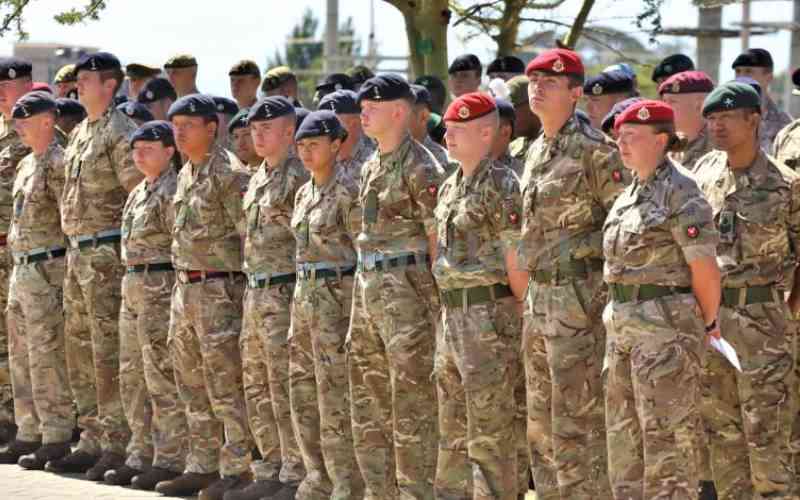×
The Standard e-Paper
Kenya’s Boldest Voice

As King Charles III and his wife, Queen Camilla, kick off their four-day state trip to Kenya, residents of Nanyuki, Laikipia County, are anxious and expectant of positive change in their town.
British Army Training Unit (Batuk) remains the single entity in Nanyuki town and its environs, employing the largest population to facilitate its operations.